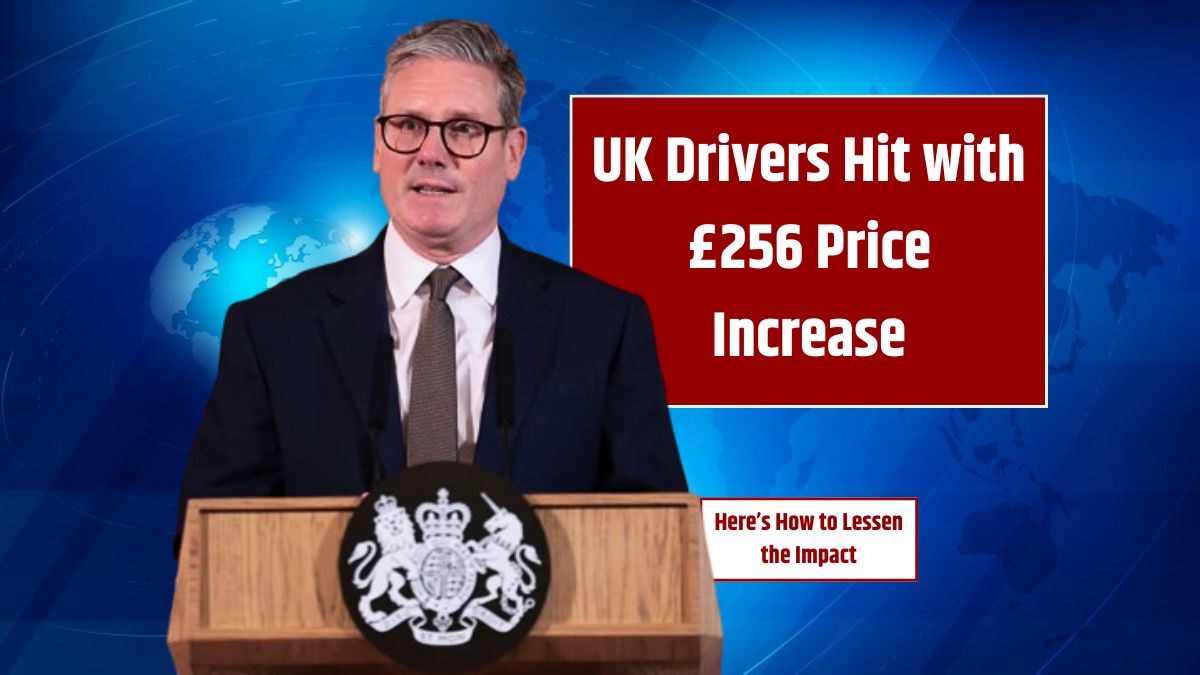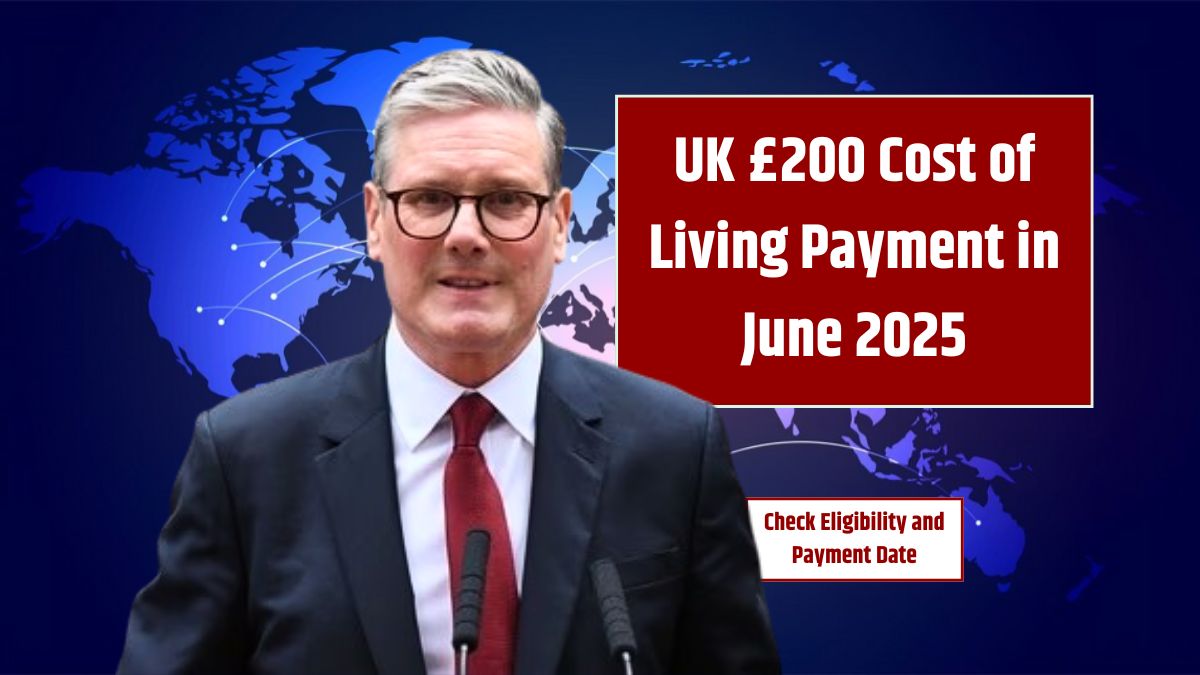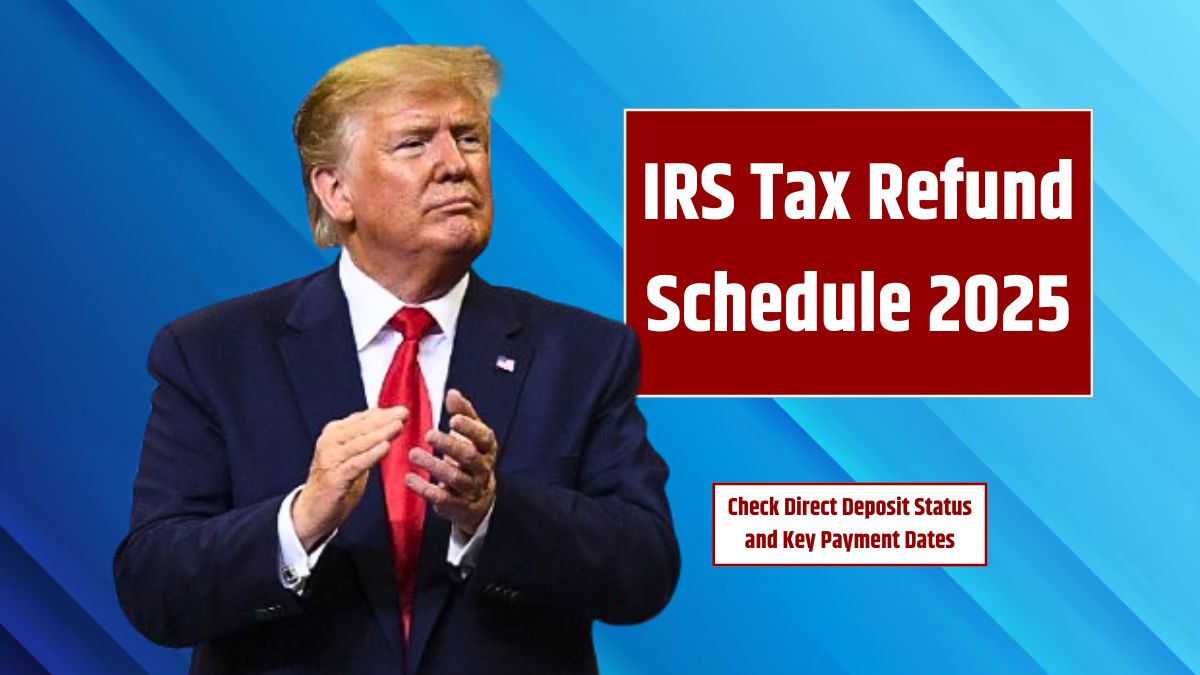In 2025, many UK drivers are opening their renewal letters and gasping at the price hike—an average rise of £256 in car insurance premiums. That brings the average comprehensive policy to £777, and the reasons aren’t just random. Rising inflation, complex car repairs, and a jump in claims are all driving up costs. But here’s the good news: you’re not stuck with the increase. There are smart, simple ways to lower your premium—some could even help you pay less than last year.
Let’s look into what’s going on, and more importantly, how you can take back control.
Reasons
So, why is your car insurance suddenly more expensive? Here are the three biggest reasons.
Inflation
It’s hitting everything—from groceries to garage repairs. According to the Office for National Statistics, motor repair inflation rose 9% in the past year. That affects insurers too. When their costs go up, they pass those costs on to you through higher premiums.
High-Tech Cars
Today’s cars are packed with gadgets—lane sensors, radar, parking cameras. While these features help keep you safe, they make even a small repair way more expensive. A small bump can now cost thousands to fix.
Post-COVID Claim Surge
As more people return to commuting, claim numbers have surged. In 2024, insurers saw a 16% increase in motor claims. More claims = more payouts = higher prices for everyone.
Impact
Here’s a quick breakdown of the situation:
| Topic | Details |
|---|---|
| Average Premium Increase | £256 more in 2025 |
| Current Average Premium | £777 for comprehensive cover (source: WTW) |
| Main Causes | Inflation, claim surge, costly repairs |
| Expert Advice | Shop around, use telematics, increase excess |
| Key Source | Association of British Insurers (ABI) |
Solutions
Before you panic, let’s look at 10 proven ways to slash your premium in 2025.
1. Don’t Auto-Renew
Insurance companies often bump up the price at renewal. Start shopping around 3–4 weeks before your policy ends.
2. Try a Black Box Policy
Telematics (black box) policies reward safe drivers. If you drive sensibly, this could bring your premium down fast.
3. Raise Your Excess
If you can afford it, bump up your voluntary excess. A jump from £150 to £500 could reduce your cost noticeably.
4. Pay All at Once
Paying monthly? You’re likely paying 10–15% more due to interest. Pay annually if you can.
5. Reduce Your Mileage
Drive less, pay less. Be honest but realistic when estimating your annual mileage.
6. Add a Named Driver
Adding a responsible, older driver can lower premiums—especially for younger drivers.
7. Boost Security
Install an immobilizer or alarm, park in a garage, or use a dash cam to cut risk—and your cost.
8. Skip the Extras
You might already have legal cover or breakdown assistance elsewhere. Don’t double-pay.
9. Protect Your No-Claims Bonus
It’s one of the best ways to keep costs low over time. Protect it if your insurer allows.
10. Choose the Right Car
Car insurance groups matter. Lower group = lower cost. Always check before buying a new car.
Example
Claire from Bristol saw her premium jump from £520 to £790. Rather than accept it, she:
- Compared quotes
- Increased her voluntary excess
- Switched to a telematics plan
- Removed extras she didn’t need
Her new quote? £490. She saved £300 by taking just an hour to review her options.
Expert View
James Dalton from the ABI puts it simply: “Inflation and vehicle complexity are making claims more expensive. We encourage all drivers to look into the market and find the best policy for their needs.”
In short, insurance companies are under pressure too—but that doesn’t mean you have to pay more than you should.
FAQs
Why did my car insurance go up in 2025?
Due to inflation, more claims, and rising repair costs.
How much is the average premium now?
It’s around £777 for comprehensive cover in 2025.
Can I reduce my insurance cost?
Yes—by shopping around, using black box policies, and more.
Is monthly payment more expensive?
Yes, it usually includes interest, making it cost more overall.
Does adding a named driver help?
Yes, it can lower the premium, especially for new drivers.













